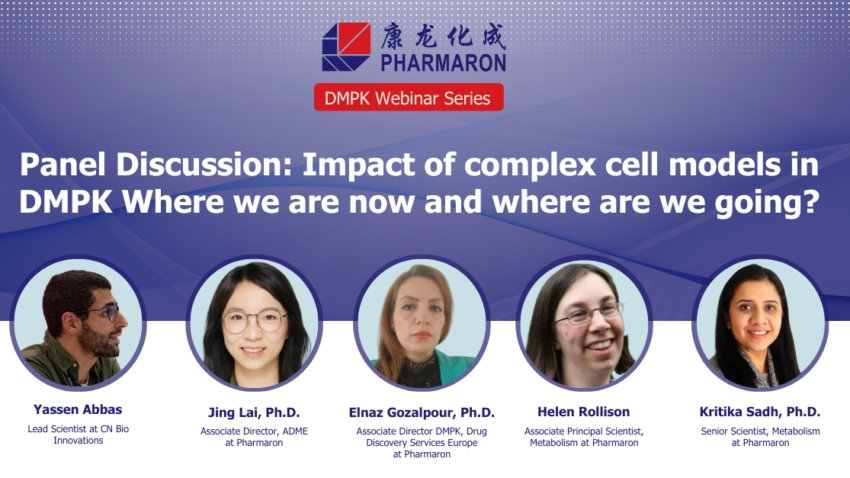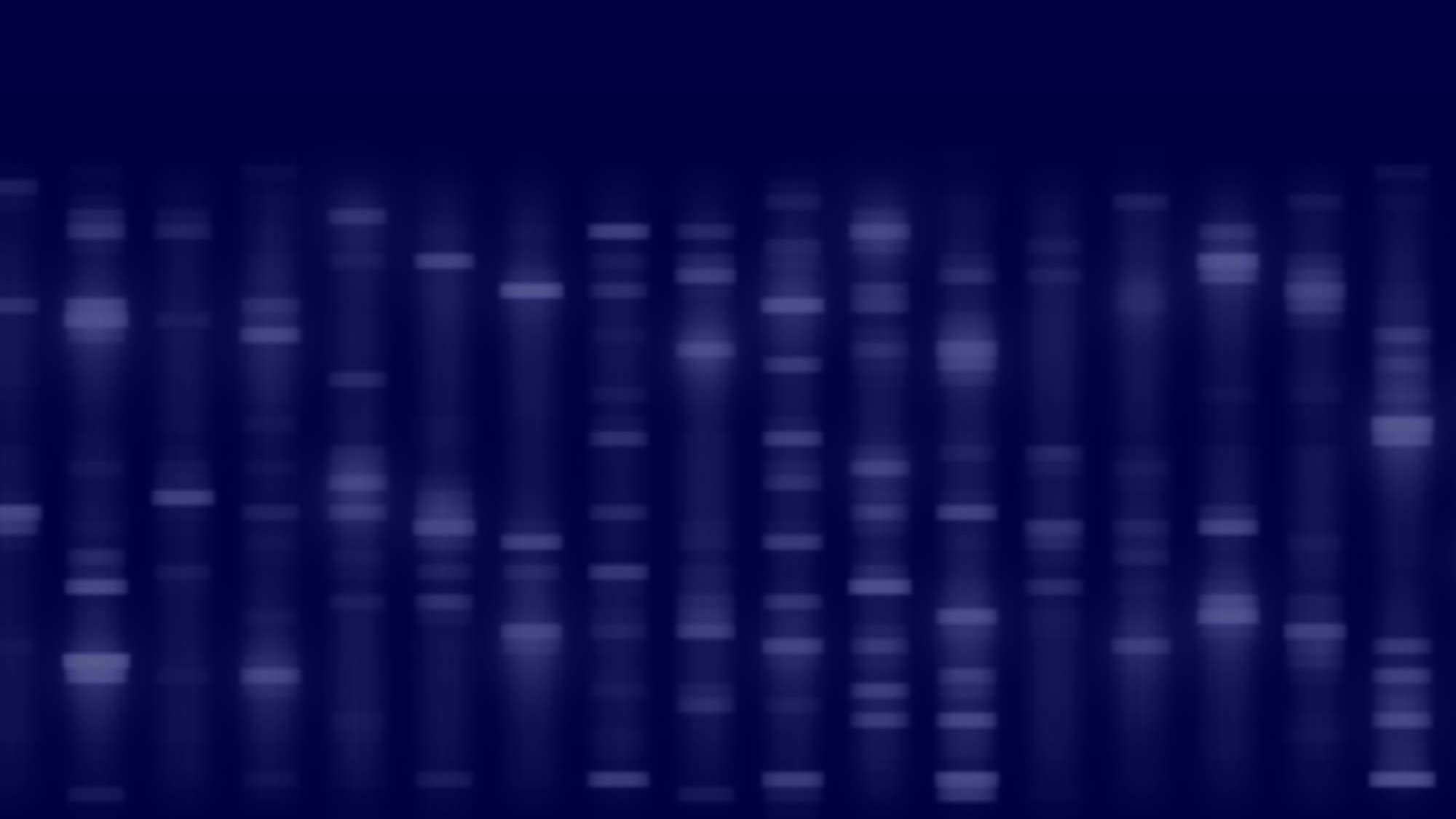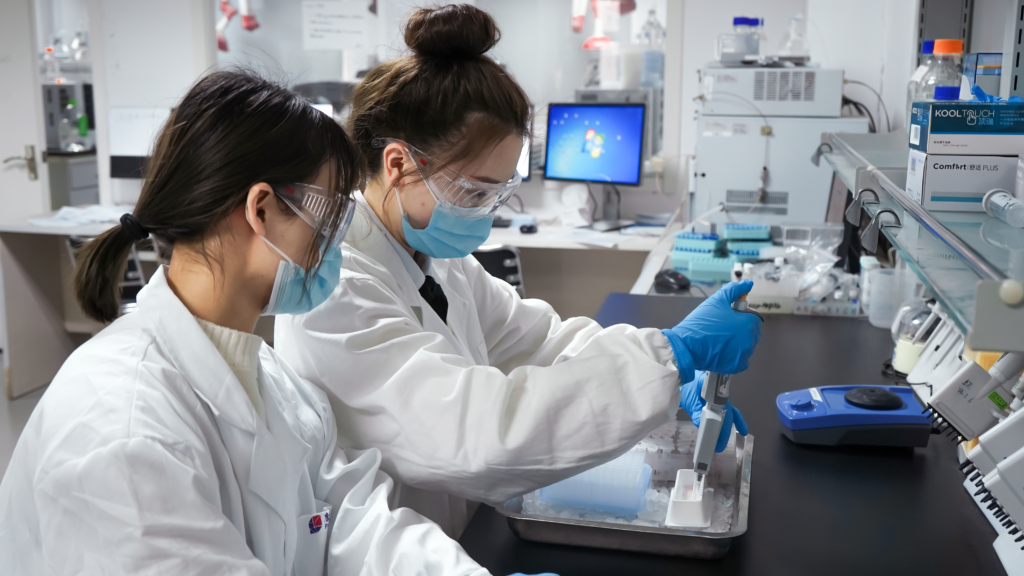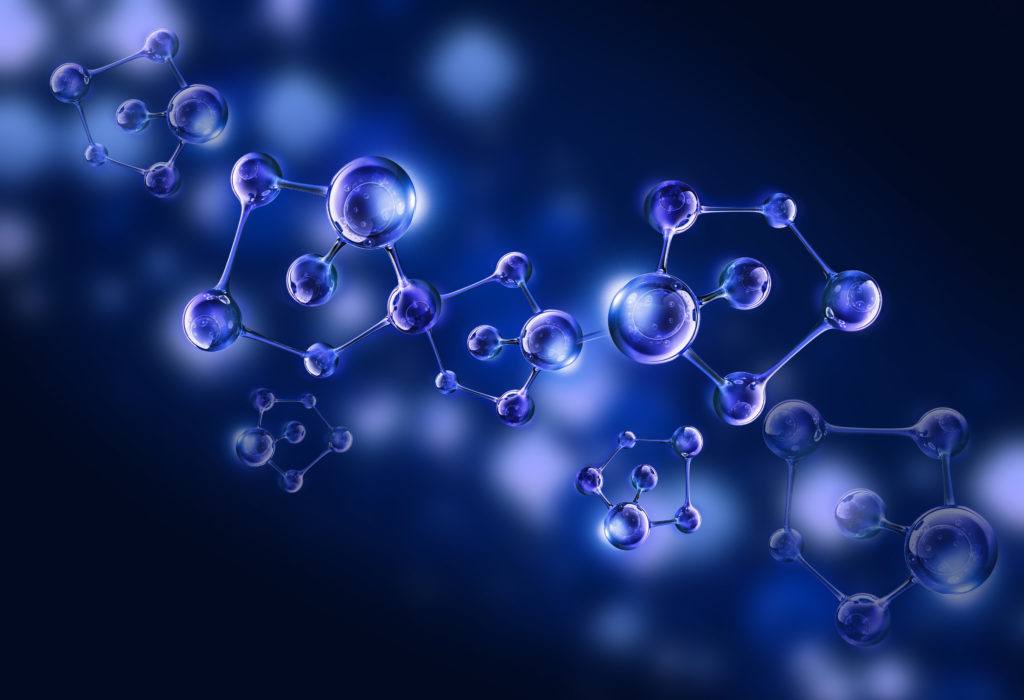Discovery in vitro ADMET
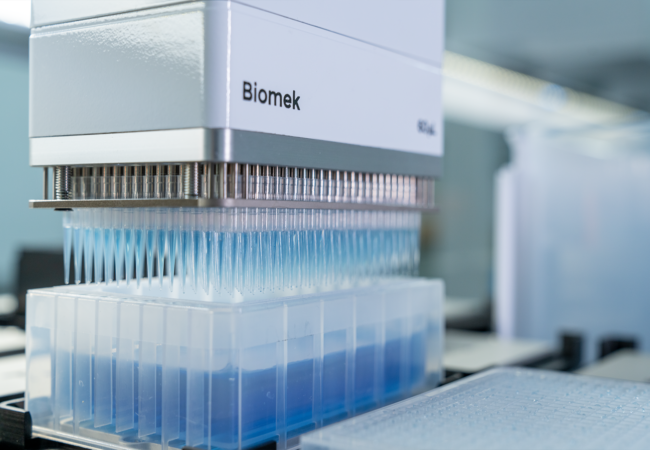
Discovery in vitro ADMET Services
Pharmaron’s Discovery in vitro ADMET services support the characterization of DMPK properties for molecules discovered and invented, including hits, leads and potential preclinical candidates. in vitro ADMET assays are designed to meet the specific needs of each drug discovery program. Pharmaron’s broad spectrum of in vitro ADMET services provide critical insight into a drug’s absorption, distribution, metabolism and excretion attributes.
Capabilities
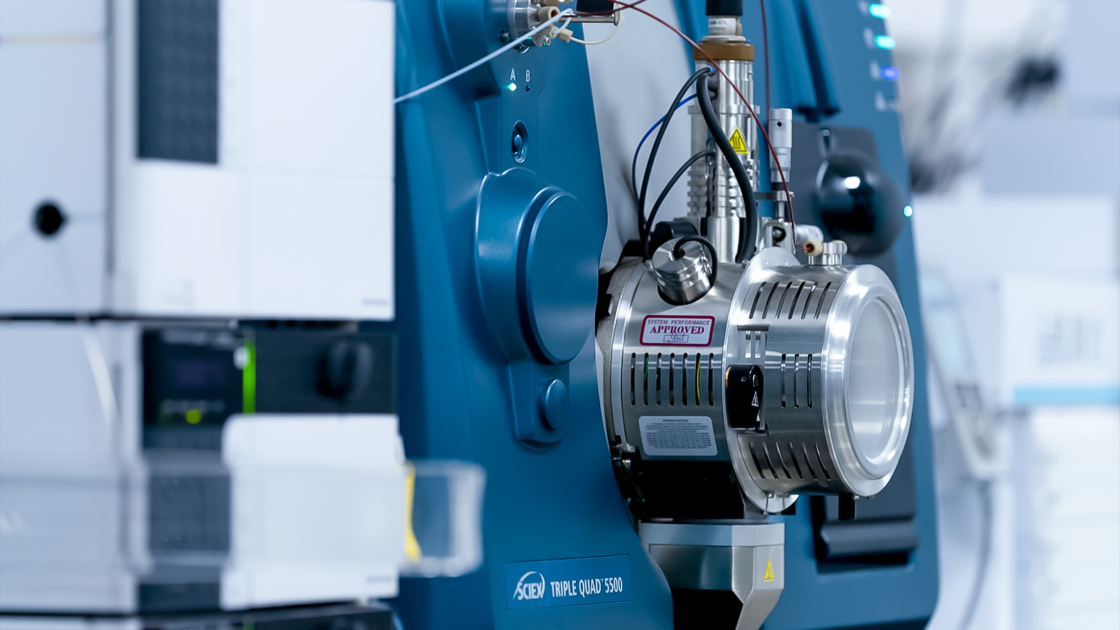
Solution Properties
- Aqueous solubility (kinetic and thermodynamic solubility)
- pKa using Sirius T3 with solid material or DMSO stock
- Distribution/partition coefficient (LogD/P)
- Protein binding/tissue binding (plasma, blood, brain, kidney, skin, lung, liver microsomes and hepatocytes)
- Blood partitioning
- Chemical stability
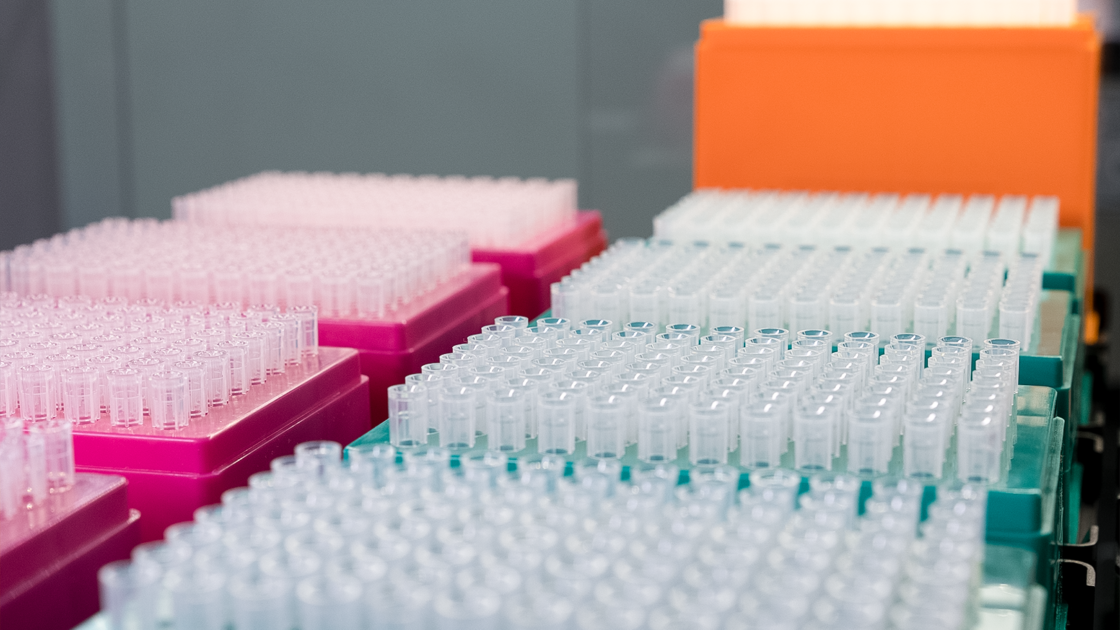
Drug Absorption and Transport
- Permeability evaluation (PAMPA, Caco-2, MDCK and MDCKIIko cells transfected with different species of MDR1)
- Transporter investigation on substrate and inhibitor evaluation (P-gp, BCRP, BSEP, MRP2/3/4, OATP1B1, OATP1B3, OAT1, OAT3, OCT1, OCT2, OATP2B1, OATP1A2, MATE1, MATE2, PEPT1, NTCP, ASBT)
- Hepatic uptake using media-loss method
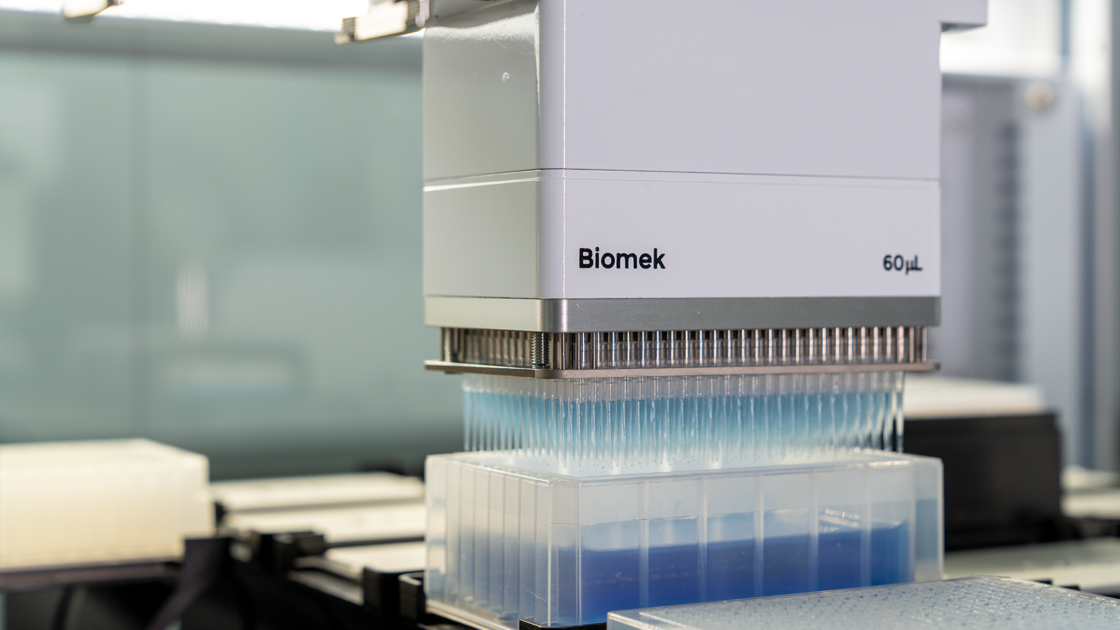
Metabolic Stability and Identification
- Metabolic stability in liver, intestine, lung and colon using subcellular fractions
- Long-term hepatocyte culture (relay & plated) for low clearance compounds
- Plasma/blood stability
- Metabolite profiling and identification
- GSH/CN/Methoxyamine trapping
- Reactivity and stability of Acyl Glucuronides (Ags)

Drug-drug Interactions
- Substrate evaluation & isoform ID (CYP, FMO, MAO, AO, XO, CES, ADH, ALDH, UGT, SULT, NAT1, NAT2, GST)
- Enzyme inhibition (CYP, UGT and non-CYP enzymes) – direct inhibition and time dependent inhibition
- KI/kinact determination
- CYP induction (human hepatocytes; HepaRG cells; PXR activation using DPX2 cells from PuraCYP)
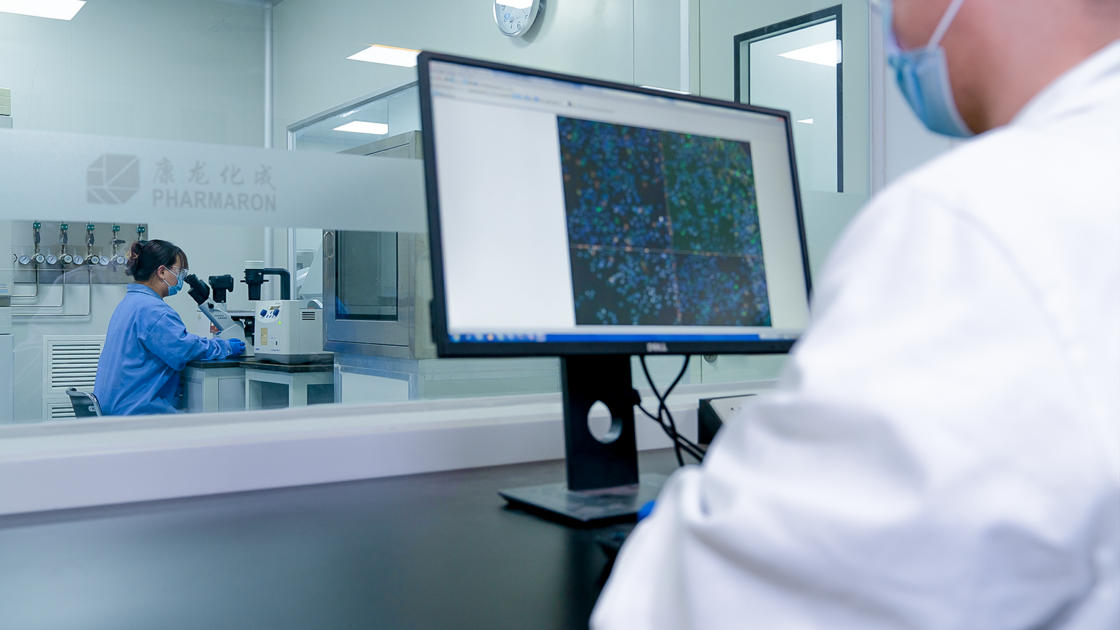
in vitro Toxicity
- Liver toxicity package (general and mechanistic toxicity evaluation)
- Phototoxicity (3T3 NRU)
- Cardiotoxicity
- Genotoxicity
Learn more about innovative in vitro ADMET models at Pharmaron.
